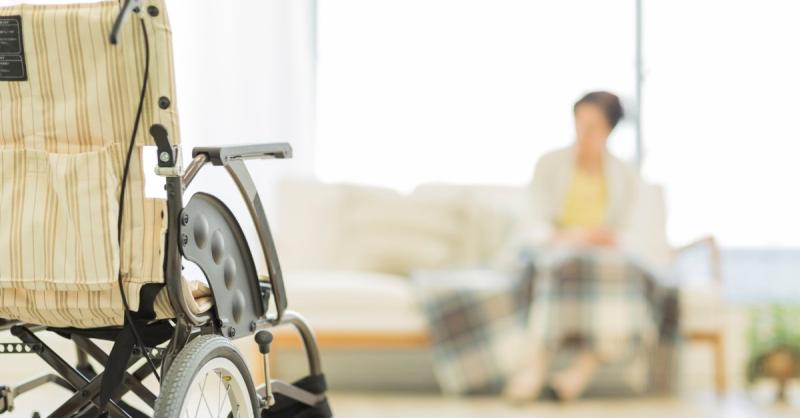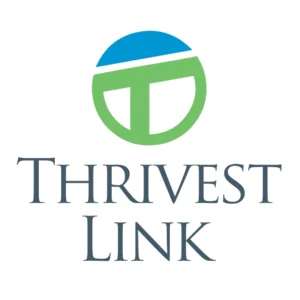
BY ABIGAIL ABRAMS | Time
It was 11 p.m. on a Sunday in early May when Penny Shaw, a 76-year-old in Braintree, Massachusetts, picked up the phone and reported her nursing home to the local police. The staff on duty had just told her they couldn’t provide any of their usual care because they had no personal protection equipment (PPE). Since the coronavirus pandemic hit, the staff is supposed to wear PPE when helping all patients, but only the home’s administrator, who doesn’t work late on weekends, could give it out. So the certified nursing assistants wouldn’t be able to get masks, gloves or gowns until the morning.
Shaw was angry that her facility had put its staff, and her fellow residents, in that position, and so she called the cops. “They always make poor decisions and they continue to make poor decisions,” Shaw says. “I have to speak up for myself and other people.”
Since a nursing home in the Seattle area became one of the first major U.S. coronavirus outbreaks in March, nursing homes’ residents and staff have borne a heavy load of the pandemic’s burden. Deaths in long-term care facilities now make up at least one third of coronavirus fatalities in most states. Nursing home employees have become first responders to a disease whose contours are still unknown, though more than 80,000 Americans have died. But while the U.S. government’s slow and patchy response to the pandemic has made nursing homes’ job harder, so have the problems the industry faced long before COVID-19 erupted.
Some nursing home residents, like Shaw, are just angry at the way their facilities are handling the pandemic. Others are already starting to take legal action, suing nursing homes for neglect, abuse and wrongful death. To protect itself, the nursing home industry has launched a broad and successful lobbying effort to secure immunity from potential lawsuits over the way facilities are treating patients during the pandemic, a move consumer advocates say raises long-term questions about the oversight of an industry that has racked up standards violations for years.
Nursing homes say the legal protections are necessary for staff to do their jobs as the pandemic has created an unprecedented situation that has left them struggling to care for a high-risk population while managing PPE, testing, frequently changing state and federal guidance and staffers calling in sick. “Long term care workers and centers are on the frontline of this pandemic response and it is critical that states provide the necessary liability protection staff and providers need to provide care during this difficult time without fear of reprisal,” Mark Parkinson, president and CEO of the American Health Care Association (AHCA), which represents for-profit nursing homes, said in a statement.
While the federal government has provided legal protections for some health care professionals during the pandemic, they have not explicitly included nursing homes. So the industry has focused much of its lobbying push at the state level, where it has seen quick results. At least 18 states have granted nursing homes and other long-term care facilities some legal immunity related to the pandemic, either through laws or governors’ orders. And industry groups have made moves in at least 10 other states to secure similar protections.




